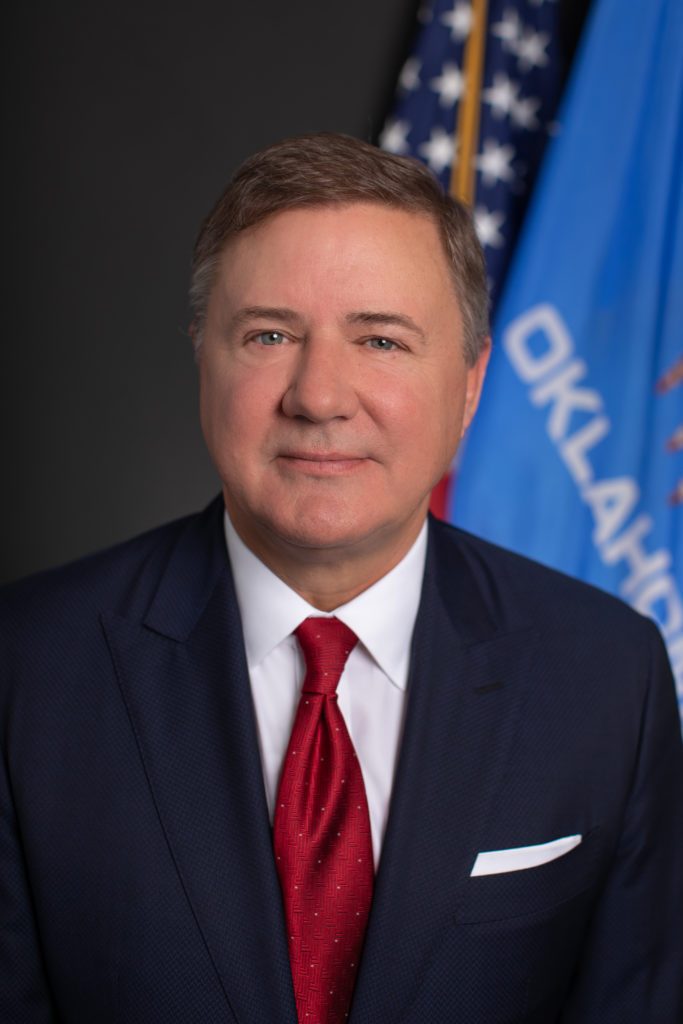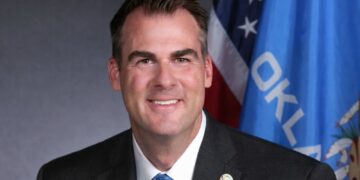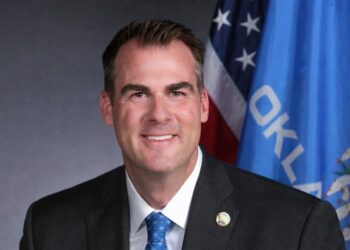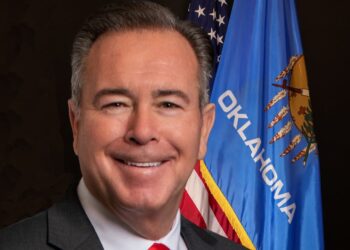OKLAHOMA CITY (OBV) – Oklahoma Attorney General Gentner Drummond signed his support onto the Federal Trade Commission’s (FTC) proposed rule that outlaws junk fees.

Drummond joined a bipartisan coalition that includes 18 other state attorneys general, together filing a comment letter regarding the FTC’s proposed Trade Regulation Rule on Unfair or Deceptive Fees.
The FTC proposed the rule in October, describing junk fees as “hidden charges and bogus fees that cost consumers tens of billions of dollars each year and undercut honest businesses.”
The letter serves as the coalition’s response to the FTC’s notice of proposed rulemaking, which allowed for comments on the proposed rule’s provisions, including:
- Prohibiting ‘bait and switch’ advertising by requiring businesses, from the outset, to clearly and conspicuously disclose the total price, inclusive of any mandatory fees;
- Requiring businesses to more prominently display the total price when pricing information is advertised;
- Prohibiting businesses from misrepresenting the nature and purpose of any fee, and;
- Requiring businesses to clearly and conspicuously disclose the nature and purpose of certain fees (such as shipping charges and optional fees) before the consumer consents to pay.
“’Bait and switch’ advertising is a common practice used to deceive consumers and businesses into making decisions. This proposed rule would help ensure transparency in business, and ultimately is in the best interest for all consumers,” Drummond said.
The letter was issued on Feb. 7, stating that junk fees conceal the real prices of goods and services, harming consumers as well as businesses that lose out to competitors that use the deceptive practice to appear as the better bargain, according to Drummond’s office.
“Such deceptive conduct also frustrates consumers’ efforts in comparison shopping, especially online, where, presumably, many consumers do most of their research,” the letter states. “Hard-working consumers should not have to waste their valuable, leisure time researching prices by being forced to navigate through multiple webpages of multiple websites, including hyperlinks to exhausting terms and conditions containing verbose legalese in miniscule and sometimes obscured fonts, then entering all of their payment and other personal information to reach the check-out page, so that they can hopefully, finally learn the true and final cost of the good or service.”
The FTC launched a proceeding last year seeking public input on whether a rule would help eliminate junk fees. The agency received 12,000 comments from consumers and business owners on how the fees impact their personal spending or business.
In December, the FTC extended the comment deadline until Feb. 7.
“All too often, Americans are plagued with unexpected and unnecessary fees they can’t escape. These junk fees now cost Americans tens of billions of dollars per year—money that corporations are extracting from working families just because they can,” said FTC Chair Lina M. Khan. “By hiding the total price, these junk fees make it harder for consumers to shop for the best product or service and punish businesses who are honest upfront. The FTC’s proposed rule to ban junk fees will save people money and time, and make our markets more fair and competitive.”
The attorneys general from Pennsylvania and North Carolina took the lead in preparing the letter. Attorneys general from Arizona, Colorado, Connecticut, Delaware, the District of Columbia, Hawaii, Illinois, Maine, Michigan, Minnesota, New Jersey, New York, Oregon, Vermont, Washington and Wisconsin also signed the letter.
In the letter, which is shared below, the attorneys general highlight their respective efforts to protect consumers from deceptive fee practices.

















